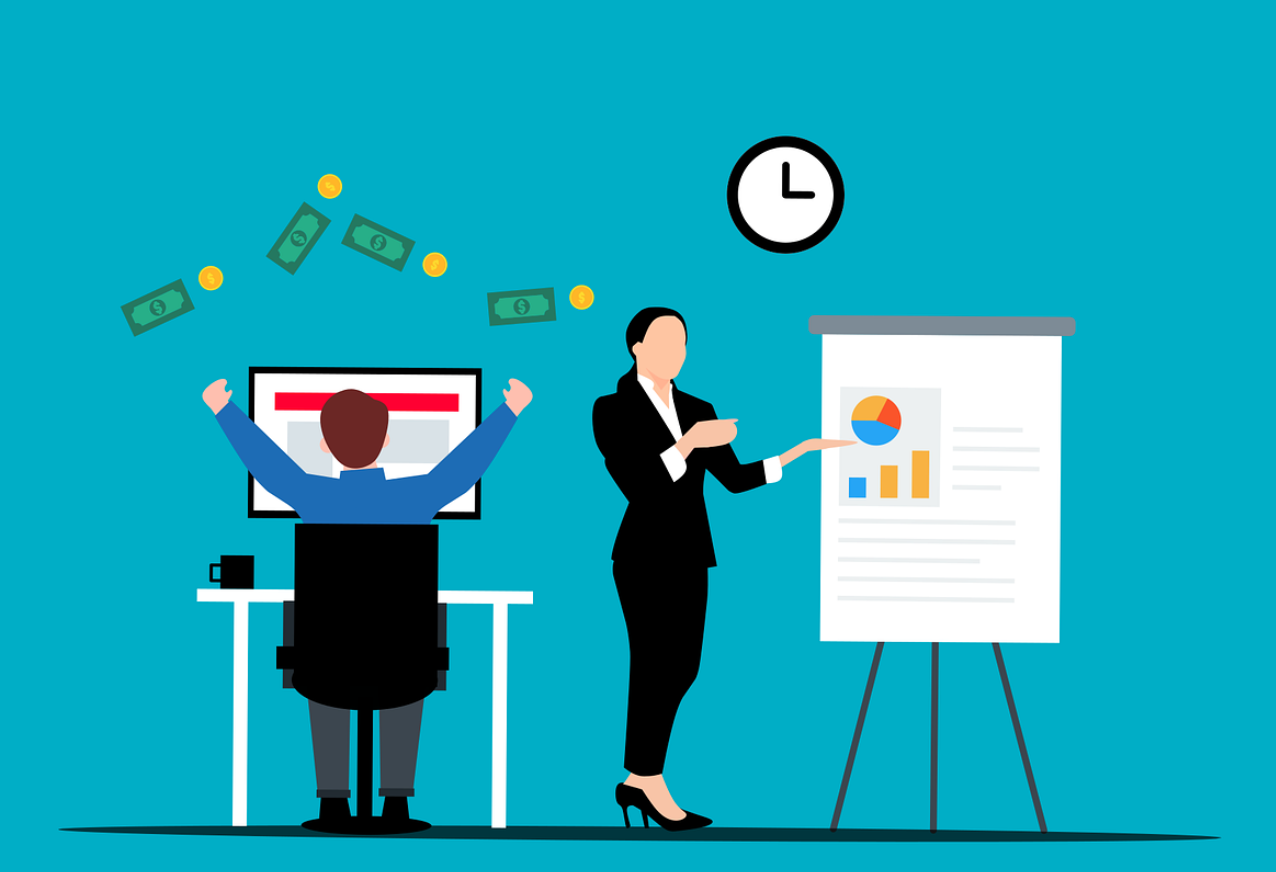By considering these alternatives and seeking professional help or guidance where necessary, individuals have the potential possibility to secure a more stable future, financially speaking.
Effective financial recovery is paramount in addressing overwhelming debt. To navigate this difficult process successfully, it’s important for individuals to understand the legal aspects of potential solutions. There are several options available to manage and reduce debts with their respective benefits and legal implications, ranging from bankruptcy all the way through consumer proposals.
Understanding your rights and responsibilities when choosing an optimal plan is significant in achieving stable finances. For more insight into these potential avenues for solving one’s debt challenges, keep on reading. With this knowledge at hand, though, people can make well-informed decisions aimed at creating financially secure futures for themselves.
Understanding Bankruptcy
Bankruptcy aims to assist individuals and businesses in eliminating or paying off their debts while under the protection of a court system. It’s intended for those who are unable to meet financial obligations, providing them with an opportunity for a fresh start.
As such, bankruptcy is a common resort for many individuals across countries. For instance, in Canada, the number of consumer bankruptcies for the 12‑month period ending January 31, 2024 increased by 7.6% compared to the 12‑month period ending January 31, 2024.
A key advantage of bankruptcy includes the automatic stoppage of all collection activities as well as any lawsuits against debtors. Nonetheless, it’s important to consider its long-term effects like how it can hurt credit ratings or lead some people to lose valuable possessions/assets.
Exploring Consumer Proposals
A legal agreement that binds a debtor and their lenders to settle outstanding debts for less than the entirety owed is known as a consumer proposal. This option has become increasingly popular in Ontario, Canada, particularly as an alternative to filing for bankruptcy.
The process entails engaging with a licensed insolvency trustee who assists in negotiating agreeable terms of repayment; one notable advantage is asset retention while making scheduled payments over an established timeframe.
Additionally, it promptly halts future accumulation of interest and grants protection from creditors’ pressures immediately upon initiation. If you’re in need of financial assistance for this purpose, finding reliable professionals to prepare and file a consumer proposal in Ontario will help you avoid facing drastic consequences associated with declaring individual bankruptcy. Eventually, this would lead to paving the path toward financial rehabilitation instead.
The Potential Legal Consequences of Settling Debt
When dealing with excessive unsecured debts, one possible solution is to engage in debt settlement negotiations. This approach involves persuading creditors to accept a reduced overall amount of debt through a single lump-sum payment from the debtor.
While this method can prove beneficial for individuals who possess sufficient resources to make such payments, it entails important legal considerations that must not be overlooked. Your credit score may suffer significant harm for several years if you settle your debts. This impediment can constrain your ability to apply for loans, get approved for credit cards, or even secure employment opportunities.
Tax consequences may arise if settlement results in a substantial portion of your debt being forgiven, potentially leaving you accountable for taxes on the amount that has been pardoned. Such an occurrence could lead to an unforeseen tax invoice.
Although debt settlement targets to decrease your total debt, it doesn’t promise a halt to creditor communication. Throughout the process of settlement, there’s still a possibility that you might receive calls or letters from collection agencies.
The Significance of Credit Counseling
Individuals seeking to handle their debt and improve their financial standing can benefit from credit counseling, which provides valuable resources. Credit counselors offer budgeting assistance, education, and debt management plans that entail negotiations with creditors to create manageable repayment schedules by lowering interest rates.

Engaging a certified counselor helps individuals develop structured approaches toward repaying debts while gaining stability without resorting to more extreme options such as consumer proposals or bankruptcy solutions.
Final Thoughts
Individuals who are burdened with significant debt must be well-versed in the legal aspects of financial recuperation. Educating oneself about different methods to alleviate debts such as bankruptcy, consumer proposals, and debt negotiation services along with their corresponding lawful consequences can enable them to make prudent decisions. More and more people opt for consumer proposals instead of filing for bankruptcies which permit them to keep their assets while still managing repayments on liabilities owed.
Additionally, experts’ counsel and legal direction play a vital part when selecting an appropriate method that complies with pertinent statutory regulations; this helps ensure compliance toward proper implementation at all times.
By considering these alternatives and seeking professional help or guidance where necessary, individuals have the potential possibility to secure a more stable future, financially speaking.


Join the conversation!